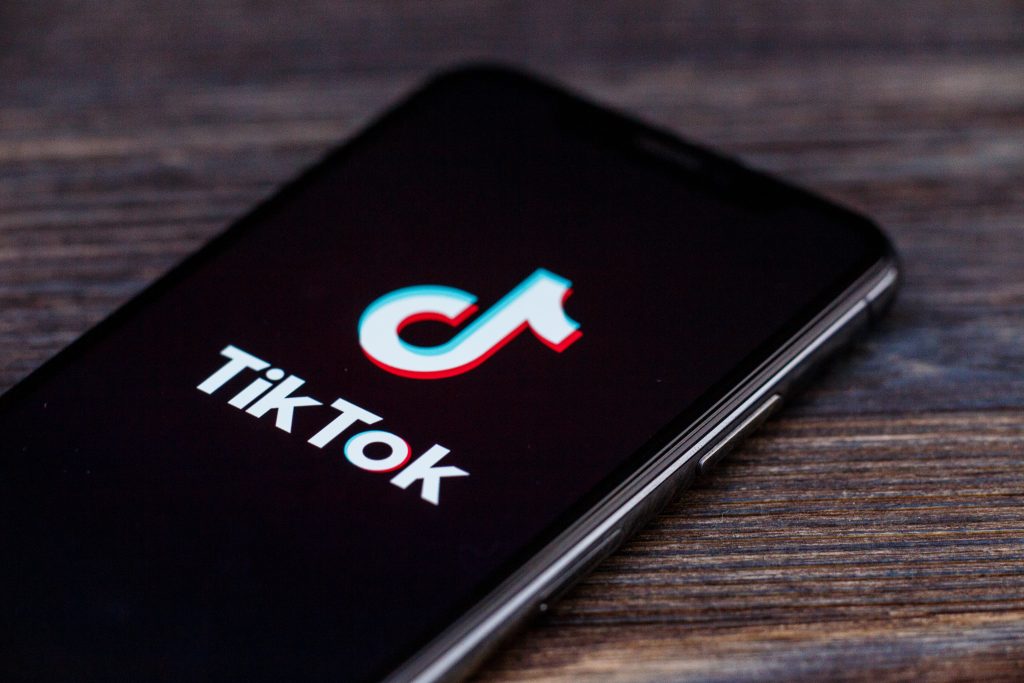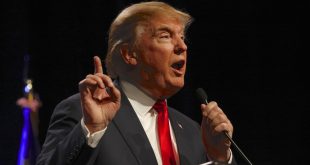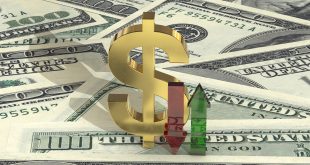Dealmaking is critical for Wall Street because it allows investors and banks to profit by offering advice or financing for transactions. President Joe Biden’s new bundle of laws to fund the federal government may hurt Wall Street mergers and acquisitions, dash hopes for a dealmaking rebound.
Lowest Mergers, Acquisitions
Investment bankers reported significant income declines last year, as 2023 saw some of the lowest merger and acquisition activity in a decade. However, certain signs of recovery have emerged, including a more stable economic environment, forecasts of Federal Reserve interest rate decreases, pent-up buyer demand, and a hot US stock market.
New Guidelines
Recent rules and anticipated budget cuts risk suffocating those green shoots before they flower. The Federal Trade Commission and the Department of Justice have released 11 new merger standards in the United States, which could extend merger deadlines by two to three months.
The spending plan signed into law by Biden allocates $233 million to the antitrust division for enforcement, $45 million less than the Congressional Budget Office predicted the agency would recover in fines this year. This 20% reduction might be significant, particularly considering regulators’ ambitious agenda for oversight.
Good News Also
The good news is that mergers and acquisitions for a total of $522 billion were announced globally in the first two months of 2024, which is 75% higher than the value reported during the same period in 2023, which had the slowest yearly start for deal making since 2009.
Nine megadeals worth $10 billion each were registered in January and February, matching the all-time high established in 2018. CEOs’ confidence in the economy is rising, and they are eager to expand through mergers and acquisitions.
Importance of Dealmaking
Dealmaking benefits both Wall Street and Main Street by creating economic value and transforming businesses, resulting in higher shareholder returns. However, increasing uncertainty threatens to stifle dealmaking activity, making it more difficult for businesses to transact and adapt, risking a decrease in economic activity and innovation, as well as missed market opportunities.
TikTok’s Crisis
TikTok CEO Shou Chew is urging users to call Congress about legislation, claiming it would harm 5 million businesses relying on the platform. The CEO has attempted to schedule meetings and sent letters, challenging lawmakers’ characterizations of TikTok’s call-to-action campaign.

Famous users on the platform claim that Congress is endangering their projects and efforts including true public health concerns that their work addresses to provide assistance to individuals from all over the world in finding relief quickly.
Several developers claim that the House plan will make TikTok find a new owner in a matter of months or else it would be removed from US app stores. The social media corporation would surely be irritated by these excessively stringent timelines and find it challenging to sustain the kind of natural communities it has built, which are hard to duplicate elsewhere.
Boeing’s Misery
Boeing had a terrible beginning in 2024 when a 787 Dreamliner unexpectedly plummeted in midair, hurting numerous people. Due to the stock’s seemingly endless run of bad luck, shares have dropped by almost 30% so far this year. A portion of an Alaska Airlines 737 Max broke off the side of the aircraft shortly after takeoff in early January. A United Airlines 737 Max’s pilots reported in February that the flight controls jammed during the aircraft’s landing in Newark. Under investigation is the National Transportation Safety Board.
Boeing has not yet submitted the company’s records detailing the actions performed on the assembly line to replace the door plug on the Alaska Airlines aircraft, according to the National Transportation Safety Board.

 Noor Trends News, Technical Analysis, Educational Tools and Recommendations
Noor Trends News, Technical Analysis, Educational Tools and Recommendations





